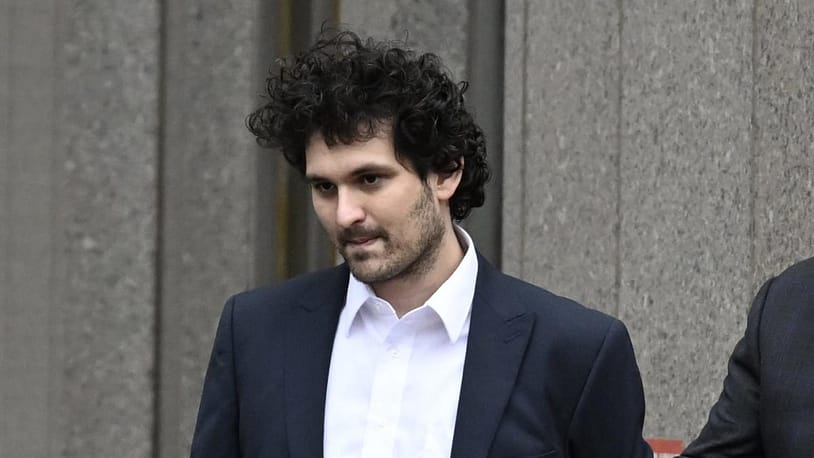Sam Bankman-Fried, CEO of FTX cryptocurrency exchange, is set to go on trial for allegedly failing to register with the U.S. Commodity Futures Trading Commission (CFTC). In order to prepare for this trial, Bankman-Fried and his legal team have developed a defense strategy that has been met with approval from legal experts.
The defense strategy revolves around Bankman-Fried’s argument that the CFTC did not have clear jurisdiction over his business and therefore he should not be liable for failing to register with the agency. Bankman-Fried’s team is also claiming that the CFTC is not the appropriate regulatory body for cryptocurrency exchanges and that the existing laws governing exchanges are outdated and do not take into account the highly digital nature of the cryptocurrency industry.
In order to support Bankman-Fried’s defense, his team is also using the argument that the CFTC has not taken any enforcement action against any other cryptocurrency exchange and, in fact, has been engaging in a dialogue with the industry about how to best regulate it. This is further support for Bankman-Fried’s claim that the CFTC did not have clear jurisdiction over his business and that he should not be held liable for failing to register with the agency.
Legal experts have given Bankman-Fried’s defense strategy the thumbs up as they believe it to be a valid and well-reasoned argument that could help him win the case. By using the argument that the CFTC has not taken any enforcement action against any other cryptocurrency exchange, Bankman-Fried is able to demonstrate that he was not in violation of any existing laws and regulations. Furthermore, by arguing that the existing laws do not take into account the highly digital nature of the cryptocurrency industry, Bankman-Fried is also able to demonstrate that his actions were not in breach of any existing regulations.
The success of Bankman-Fried’s defense strategy will ultimately depend on the court’s interpretation of the relevant laws and regulations. However, legal experts are hopeful that this strategy will be successful and that Bankman-Fried will be able to prove that he did not violate any laws or regulations. If successful, this defense strategy could be used as a precedent for other cryptocurrency exchanges that may face similar legal issues in the future.
Sam Bankman-Fried, CEO of FTX cryptocurrency exchange, is set to face trial for allegedly failing to register with the U.S. Commodity Futures Trading Commission (CFTC). In order to prepare for the trial, Bankman-Fried and his legal team have developed a defense strategy which has been met with positive feedback from legal experts.
The defense strategy revolves around Bankman-Fried’s argument that the CFTC did not have clear jurisdiction over his business and therefore he should not be considered in breach of the law for failing to register with the agency. He is also claiming that the CFTC is not the appropriate regulatory body for cryptocurrency exchanges and that the existing laws governing exchanges are outdated and do not take into account the highly digital nature of the cryptocurrency industry.
Bankman-Fried’s legal team is providing additional support for his defense by highlighting the fact that the CFTC has not taken any enforcement action against any other cryptocurrency exchange. In addition, they are also emphasizing the fact that the CFTC has been engaging in dialogue with the industry about how to best regulate it. These arguments are being used to demonstrate that Bankman-Fried’s actions were not in breach of any existing regulations.
Legal experts have expressed approval for Bankman-Fried’s defense strategy as they believe it to be a valid and well-reasoned argument that could help him win the case. The success of the defense strategy ultimately depends on the court’s interpretation of the relevant laws and regulations. However, legal experts are hopeful that this strategy will be successful and that Bankman-Fried will be able to prove that he did not violate any laws or regulations. If successful, this defense strategy could be used as a precedent for other cryptocurrency exchanges that may face similar legal issues in the future.




